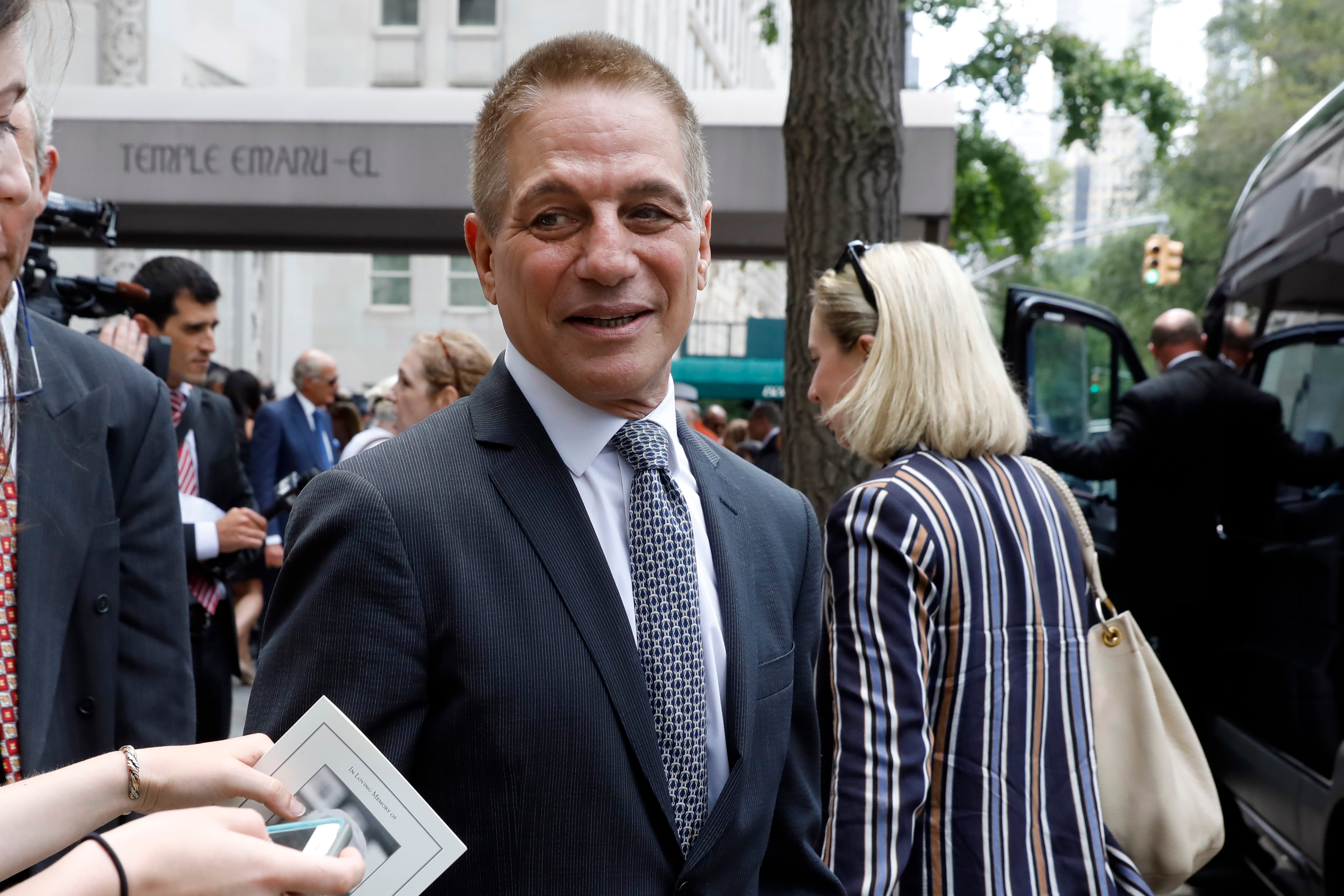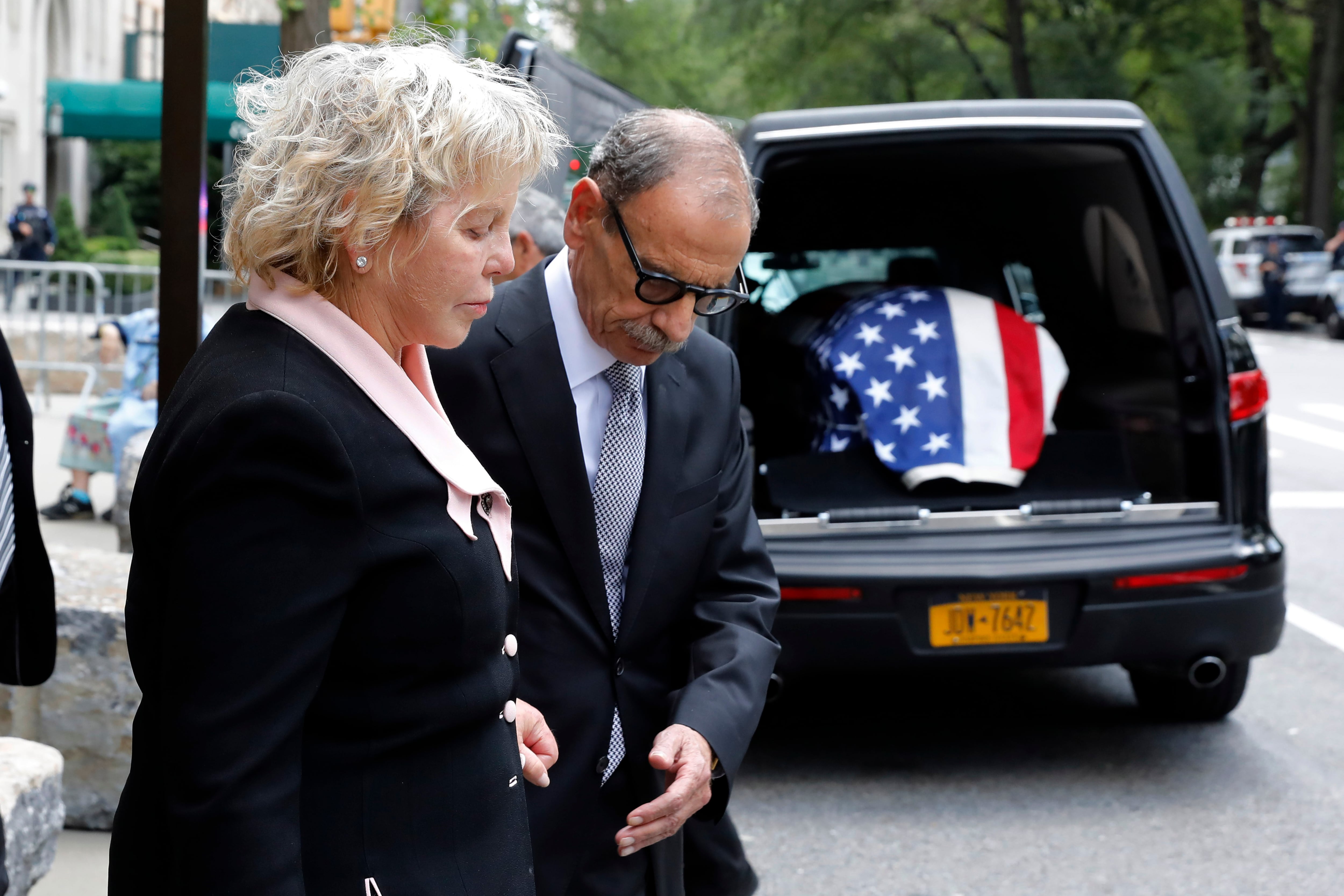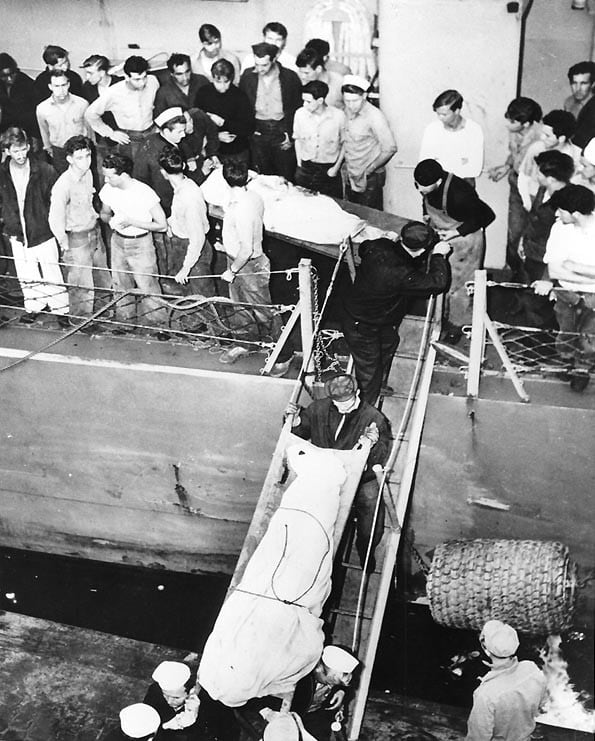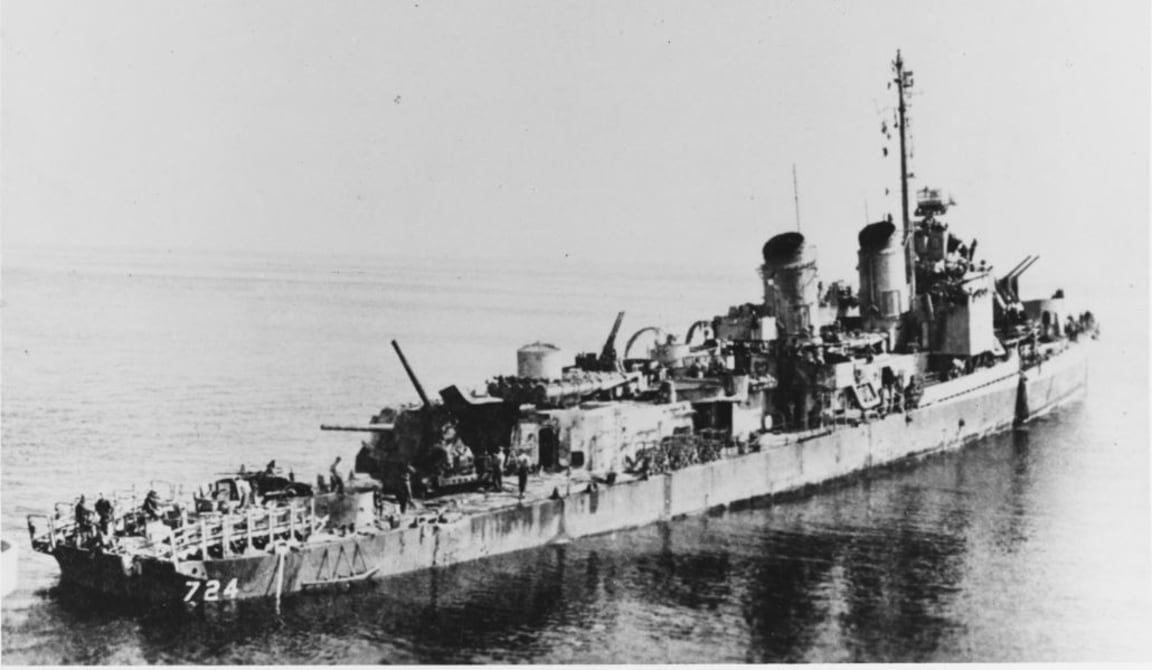NEW YORK — U.S. Supreme Court Justice Sonia Sotomayor lavished praise on her onetime mentor, former Manhattan District Attorney Robert Morgenthau, saying at his funeral Thursday that he made her the human being and legal mind she is today.
More than 1,000 mourners filled Temple Emanu-El, the Manhattan synagogue where he was a trustee for half a century.
Notables included New York Mayor Bill de Blasio and District Attorney Cyrus R. Vance Jr., as well as journalist Dan Rather, former Mayor David Dinkins, former Gov. Eliot Spitzer, former U.S. Rep. Charles Rangel, former New York police commissioner Ray Kelly and actor Tony Danza.
Morgenthau died Sunday after a brief illness, 10 days short of his 100th birthday.
"I hope my voice will not break too much with tears as I speak today," Sotomayor said. "Without Morgenthau, I would be neither the person nor the justice I am today."
He gave Sotomayor, a New York native, her first job out of Yale Law School in 1979, as an assistant district attorney.

Six of Morgenthau’s seven children each spoke at the service, describing a father who never raised his voice and “always, always backed us up,” said daughter Anne Grand. “He rarely, extremely rarely, told us to do anything - no bedtimes, no curfews. He was a lot of fun.”
She recalled temper tantrums as a 3-year-old over having her throat examined for possible illnesses each day as she entered school. One morning, her father went to see the doctor who insisted on the exams.
"Dad said calmly, but firmly, in his best dad voice, 'We've talked it over and the answer is, no,'" Grand said.
Officiating at Thursday's simple, emotion-filled ceremony capped with music from the synagogue's choir was its rabbi emeritus, Ronald Sobel, a Morgenthau friend of nearly six decades.
Sobel called Morgenthau "incorruptible ... a legend in the legal profession."

Standing near the casket draped in an American flag in honor of Morgenthau’s World War II service in the Navy, the rabbi said: “We weep, we mourn, we celebrate.”
Another longtime friend, attorney Stephen Kaufman, recounted a moment when Morgenthau’s vessel was hit and he ended up in the water with a life preserver. Nearby was a sailor without one.
“Without hesitation, Bob took off his life preserver and gave it to the shouting sailor.”
Years later, Kaufman quoted Morgenthau as saying, with his wry humor, "'I think it was one of the stupidest things I ever did.'"
He was nearly 90 when he retired in 2009 after 35 years as Manhattan district attorney, having overseen thousands of cases, including that of John Lennon assassin Mark David Chapman, subway vigilante Bernard Goetz, mob boss John Gotti and “Preppie Killer” Robert Chambers.
Sotomayor credited him with transforming the district attorney's role, creating specialized teams that are now a staple of many prosecutors' offices, devoted to sex crimes, identity theft, fraud, cold cases and a citywide narcotics unit. The justice said Morgenthau also expanded the scope of the office, tackling corruption, racketeering and financial crimes on an international scale.
Looking out at those gathered, the justice said she was speaking on behalf of all who had worked under "the boss," as his staff called him.
Earlier in his career, Morgenthau was Manhattan's top federal prosecutor, appointed by President John F. Kennedy in 1961.
In his spare time, recalled son Josh Morgenthau, his father would spend time at a farm in upstate New York founded in 1913 by his grandfather, Henry Morgenthau Jr. The prosecutor enjoyed peddling eggs from the free-range hens to Manhattan businesses he frequented as a food lover.
Josh Morgenthau now runs the farm, outside Fishkill. Apples from there, still on branches, flanked the casket.
In addition to his children, survivors include his wife, Pulitzer Prize-winning journalist Lucinda Franks; six grandchildren; and three great-grandchildren.

Navy Times editor’s note: Lt. Cmdr. Robert Morgenthau served with distinction during World War II, and the conflict — the Holocaust that swept Europe, the combat he survived and his fight for social justice within the sea service — would come to inform his long legal career.
In 1941, before the Japanese bombing of Pearl Harbor, Morgenthau entered the Navy’s V7 midshipmen training program. He spent his 21st birthday on the battleship Wyoming in Guantanamo Bay, Cuba.
For the next 4 ½ years, his life was consumed by war or training for battle.
He was serving on board the destroyer Lansdale on April 20, 1944, when up to 24 Junkers and Heinkel bombers in three waves struck his convoy while it sailed along the North African coast.
Two of the waves targeted the convoy’s port bow, Lansdale’s station.
One torpedo struck his warship’s starboard side forward, almost splitting the vessel in two. Lansdale immediately listed to port, its rudder jammed at 22 degrees right, which forced it to circle clockwise at 13 knots. Although the crew eventually straightened out the course of the destroyer, its list reached 80 degrees and the vessel began to break apart.
Morgenthau was one of 234 survivors pulled from the Mediterranean Sea; 47 officers and men went down with the ship.
His next assignment was as the executive officer of the Harry F. Bauer, a Robert H. Smith-class destroyer/minelayer.
Although Bauer would receive four battle stars during World War II, the crew saw their fiercest combat off Okinawa, picket duty heroism that would earn them a Presidential Unit Citation.
For nearly two months, DM-26 was under almost continuous attack. On June 6, 1945, eight Japanese aircraft attacked. The battle damage included two flooded compartments, one carrying an unexploded bomb.
In later years, Morgenthau recollected both the casual anti-Semitism he encountered in uniform and sparring with a series of captains on both vessels over racial prejudice, including the commander of the destroyer/minelayer who didn’t believe African-American sailors should man 20-millimeter guns.
But Morgenthau stood by his call as the XO to put sailors in their proper battle stations, regardless of the color of their skin.
When a white gun crew jumped to escape a burning Kamikaze and the black crew stayed at their gun, Morgenthau recommended them for Silver Star medals.
The captain didn’t want them to receive anything, Morgenthau said, but he finally relented and put them in for Bronze Stars.
That sort of negotiating is important in the law and Morgenthau got his first taste of it in the Navy, especially during court-martial proceedings.
“In order to hold even the lowest level of court-martials you had to be a lieutenant or above, and since the captain didn’t want to do it, I became the court-martial officer aboard the ship,” he later told a biographer.
“It was there where I learned about plea bargaining. I didn’t know how to try a case, just to plea bargain.”
He did a lot more than just plea bargain as a U.S. Attorney and —following his election in 1974 — the District Attorney of New York County, where he vowed to fight white collar “crime in the suites” as vigorously as “crime in the streets.”
Fair winds and following seas, sir.
RELATED






